Team 1 Project: Accurate and Interpretable Radar Quantitative Precipitation
Estimation with Symbolic Regression
Team members:
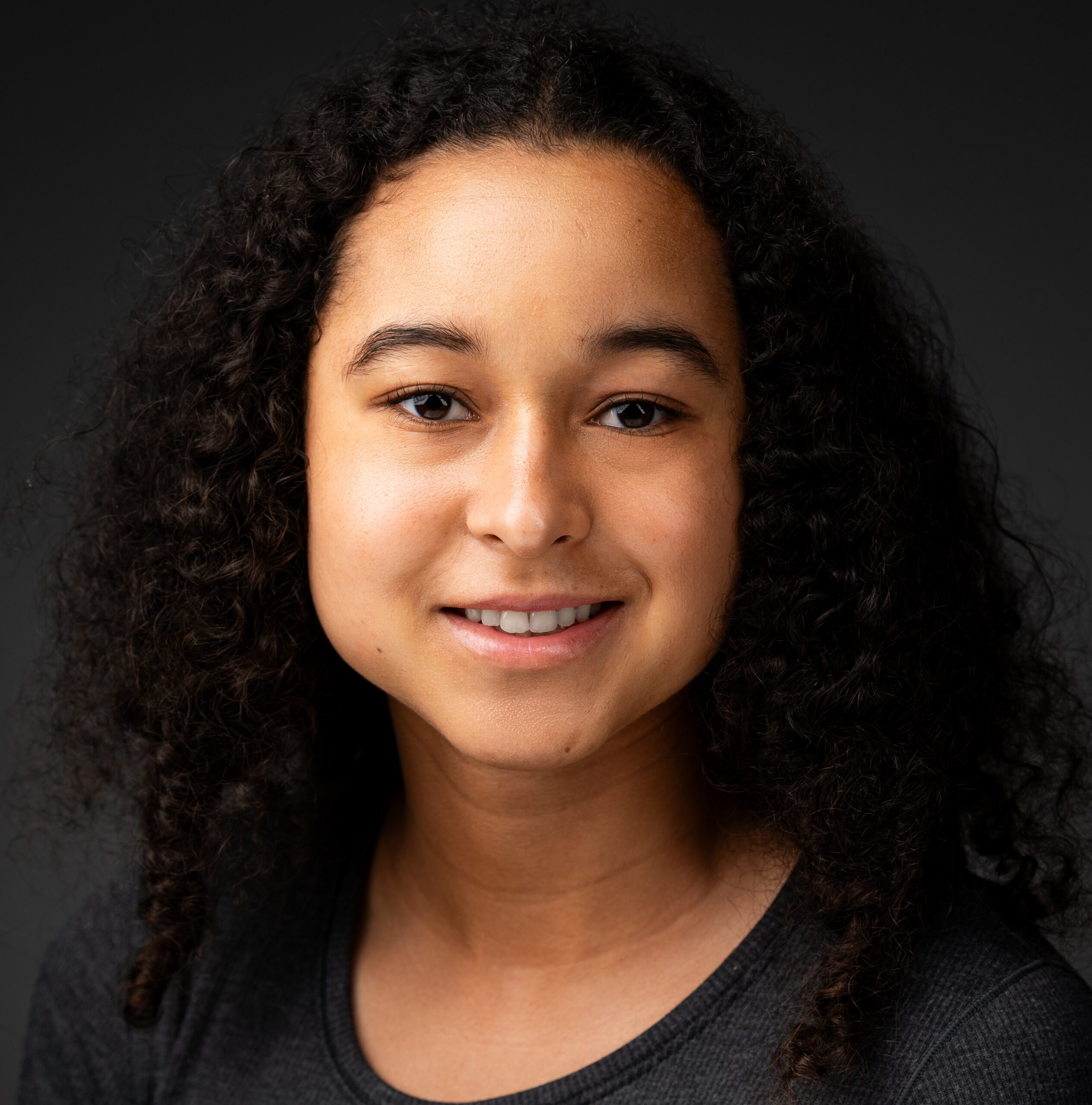 REU Student: Brianna Grissom, Department of Statistics and Applied Probability, University of California, Santa Barbara
REU Student: Brianna Grissom, Department of Statistics and Applied Probability, University of California, Santa Barbara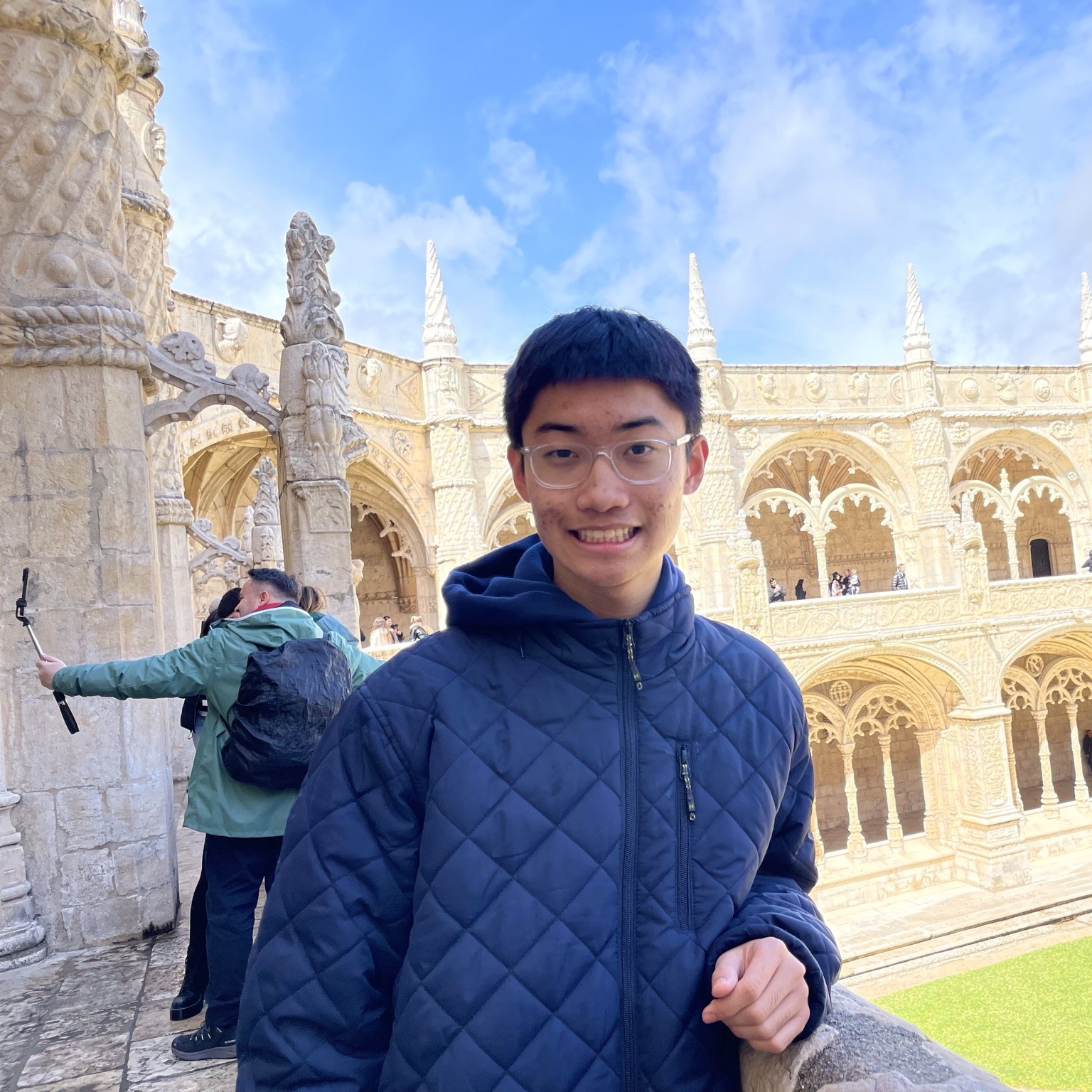 REU Student: Jonathan He, Atholton High School, Columbia, MD
REU Student: Jonathan He, Atholton High School, Columbia, MD REU Student: Kenia Munoz-Ordaz, School of Computing and Design, California State University, Monterey Bay
REU Student: Kenia Munoz-Ordaz, School of Computing and Design, California State University, Monterey Bay REU Student: Julian Pulido, Department of Computer Science, California State University, Sacramento
REU Student: Julian Pulido, Department of Computer Science, California State University, Sacramento REU Student: Olivia Zhang, Department of Geography and Department of Statistics, University of Florida
REU Student: Olivia Zhang, Department of Geography and Department of Statistics, University of Florida RA Student: Mostafa Cham, PhD student, Department of Information Systems, UMBC
RA Student: Mostafa Cham, PhD student, Department of Information Systems, UMBCCollaborator: Haotong Jing, Department of Geography, University of Florida
 Collaborator: Weikang Qian, Department of Geography, University of Florida
Collaborator: Weikang Qian, Department of Geography, University of Florida Collaborator: Dr. Yixin Wen, Department of Geography, University of Florida
Collaborator: Dr. Yixin Wen, Department of Geography, University of Florida Research Mentor: Dr. Jianwu Wang, Professor, Department of Information Systems, UMBC
Research Mentor: Dr. Jianwu Wang, Professor, Department of Information Systems, UMBC
Abstract: Accurate quantitative precipitation estimation (QPE) is essential for managing water resources, monitoring flash floods, creating hydrological models, and more. Traditional methods of obtaining precipitation data from rain gauges and radars have limitations such as sparse coverage and inaccurate estimates for different precipitation types and intensities. Symbolic regression, a machine learning method that generates mathematical equations fitting the data, presents a unique approach to estimating precipitation that is both accurate and interpretable. Using WSR-88D dual-polarimetric radar data from Oklahoma and Florida over three dates, we tested symbolic regression models involving genetic programming and deep learning, symbolic regression on separate clusters of the data, and the incorporation of knowledge-based loss terms into the loss function. We found that symbolic regression is both accurate in estimating rainfall and interpretable through learned equations. Accuracy and simplicity of the learned equations can be slightly improved by clustering the data based on select radar variables and by adjusting the loss function with knowledge-based loss terms. This research provides insights into improving QPE accuracy through interpretable symbolic regression methods.
Deliverables:
- Implementation Source Code at Github Repository
- Presentation Slides
- Presentation Recording
- Technical Report
- Peer reviewed publication: Olivia Zhang, Brianna Grissom, Julian Pulido, Kenia Munoz-Ordaz, Jonathan He, Mostafa Cham, Haotong Jing, Weikang Qian, Yixin Wen, and Jianwu Wang. Accurate and interpretable radar quantitative precipitation estimation with symbolic regression. In 2024 IEEE International Conference on Big Data (IEEE Big Data 2024), in press (2024).
Team 2 Project: Using Neural Networks to Sanitize Compton Camera Simulated
Data through the BRIDE Pipeline for Improving Gamma Imaging
in Proton Therapy on the ada Cluster
Team members:
 REU Student: Michael O. Chen, Departments of Mathematics, Dartmouth College
REU Student: Michael O. Chen, Departments of Mathematics, Dartmouth College REU Student: Julian Hodge, Department of Mathematics and Statistics, UMBC
REU Student: Julian Hodge, Department of Mathematics and Statistics, UMBC REU Student: Peter L. Jin, James M. Bennett High School, Salisbury, MD
REU Student: Peter L. Jin, James M. Bennett High School, Salisbury, MD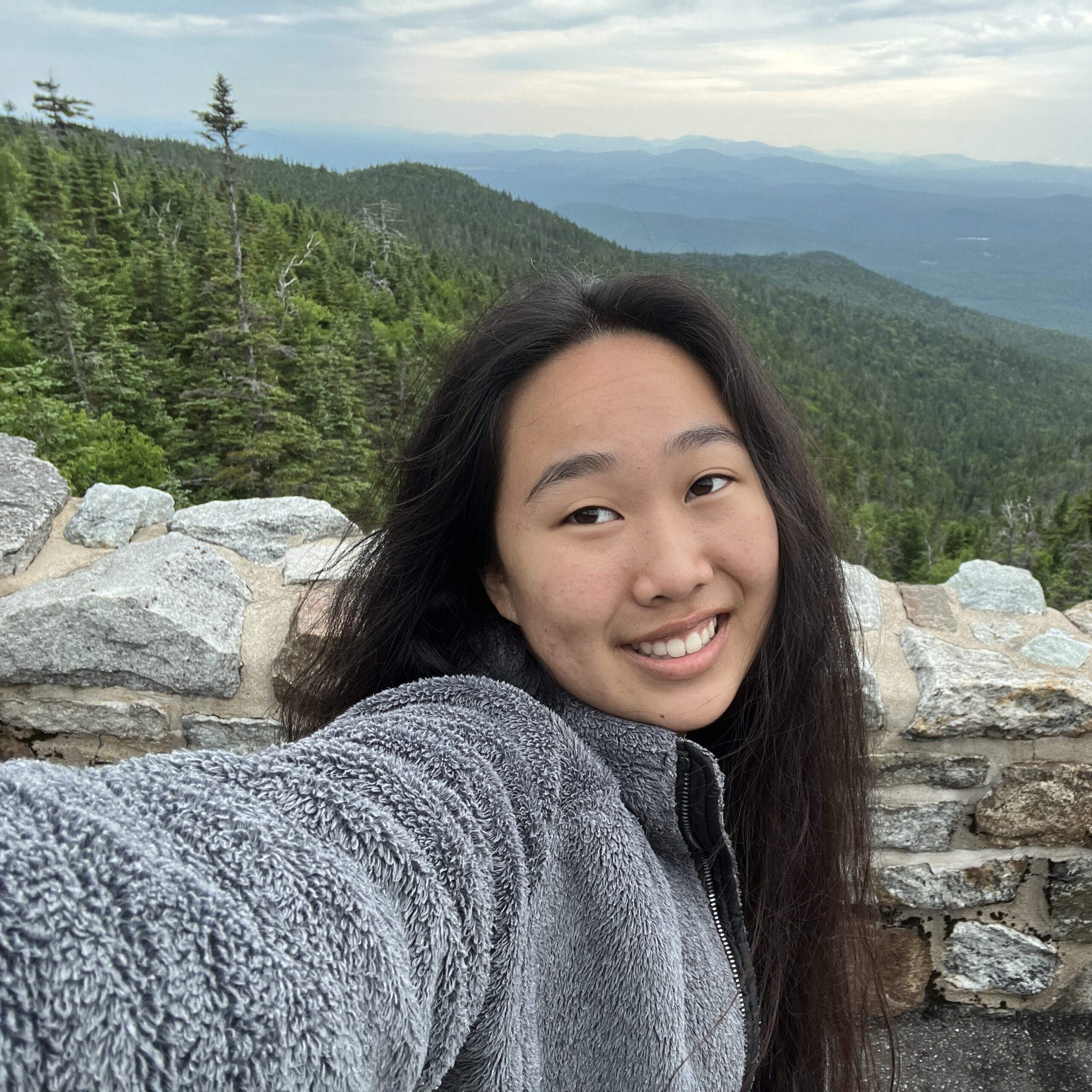 REU Student: Ella Protz, Department of Mathematics and Sciences, Florida Atlantic University
REU Student: Ella Protz, Department of Mathematics and Sciences, Florida Atlantic University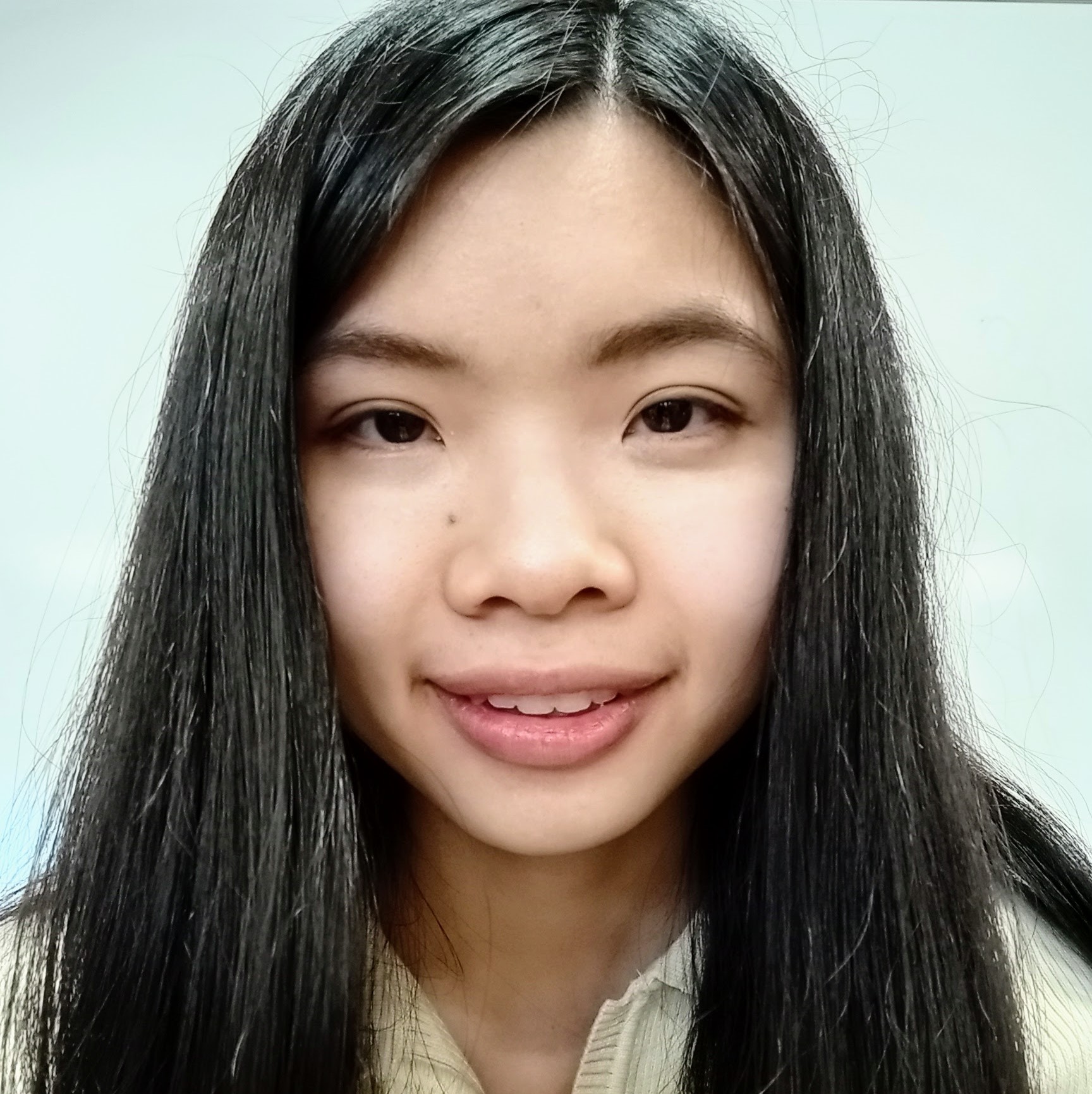 REU Student: Elizabeth Wong, Department of Mathematics, Brookdale Community College
REU Student: Elizabeth Wong, Department of Mathematics, Brookdale Community College Undergraduate assistant: Ruth Obe, Department of Computer Science, University of Houston-Clear Lake, Houston, TX
Undergraduate assistant: Ruth Obe, Department of Computer Science, University of Houston-Clear Lake, Houston, TX RA Student: Ehsan Shakeri, PhD student, Department of Mathematics and Statistics, UMBC
RA Student: Ehsan Shakeri, PhD student, Department of Mathematics and Statistics, UMBC RA Student: Mostafa Cham, PhD student, Department of Information Systems, UMBC
RA Student: Mostafa Cham, PhD student, Department of Information Systems, UMBC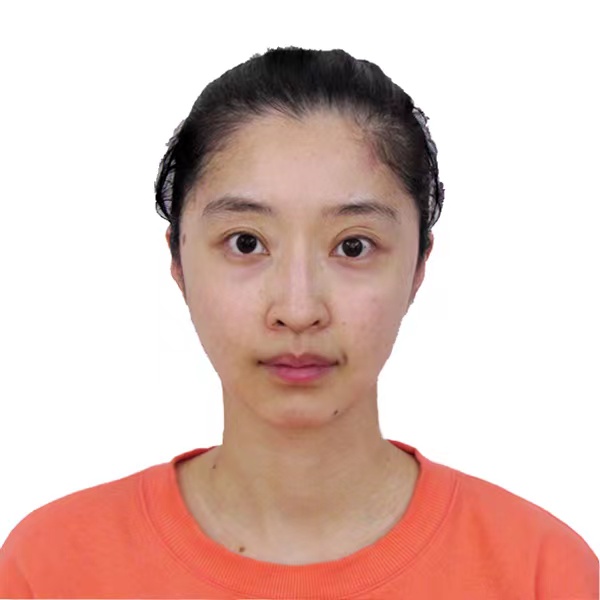 Collaborator: Zhuoran Jiang, Department of Radiation Oncology, Stanford University
Collaborator: Zhuoran Jiang, Department of Radiation Oncology, Stanford University Collaborator: Dr. Vijay R. Sharma, Department of Radiation Oncology, University of Maryland School of Medicine
Collaborator: Dr. Vijay R. Sharma, Department of Radiation Oncology, University of Maryland School of Medicine Collaborator: Dr. Lei Ren, Associate Professor, Department of Radiation Oncology, University of Maryland School of Medicine
Collaborator: Dr. Lei Ren, Associate Professor, Department of Radiation Oncology, University of Maryland School of Medicine Collaborator: Dr. Stephen W. Peterson, Department of Physics, University of Cape Town, South Africa
Collaborator: Dr. Stephen W. Peterson, Department of Physics, University of Cape Town, South Africa Collaborator: Dr. Jerimy C. Polf, M3D, Inc.
Collaborator: Dr. Jerimy C. Polf, M3D, Inc. Collaborator: Dr. Carlos A. Barajas, Department of Mathematics and Statistics, UMBC
Collaborator: Dr. Carlos A. Barajas, Department of Mathematics and Statistics, UMBC Research Mentor: Dr. Matthias K. Gobbert, Professor of Mathematics, Department of Mathematics and Statistics, UMBC
Research Mentor: Dr. Matthias K. Gobbert, Professor of Mathematics, Department of Mathematics and Statistics, UMBC
Abstract: Precision medicine in cancer treatment increasingly relies on advanced radiotherapies, such as proton beam radiotherapy, to enhance efficacy of the treatment. When the proton beam in this treatment interacts with patient matter, the excited nuclei may emit prompt gamma ray interactions that can be captured by a Compton camera. The image reconstruction from this captured data faces the issue of mischaracterizing the sequences of incoming scattering events, leading to excessive background noise. To address this problem, several machine learning models such as Feedforward Neural Networks (FNN) and Recurrent Neural Networks (RNN) were developed in PyTorch to properly characterize the scattering sequences on simulated datasets, including newly-created patient medium data, which were generated by using a pipeline comprised of the GEANT4 and Monte-Carlo Detector Effects (MCDE) softwares. These models were implemented using the novel ‘Big-data REU Integrated Development and Experimentation’ (BRIDE) platform, a modular pipeline that streamlines preprocessing, feature engineering, and model development and evaluation on parallelized GPU processors. Hyperparameter studies were done on the novel patient data as well as on water phantom datasets used during previous research. Patient data was more difficult than water phantom data to classify for both FNN and RNN models. FNN models had higher accuracy on patient medium data but lower accuracy on water phantom data when compared to RNN models. Previous results on several different datasets were reproduced on BRIDE and multiple new models achieved greater performance than in previous research.
Deliverables:
- Implementation Source Code at Github Repository
- Presentation Slides
- Presentation Recording
- Technical Report
- Peer reviewed publication: Michael O. Chen, Julian Hodge, Peter L. Jin, Ella Protz, Elizabeth Wong, Ruth Obe, Ehsan Shakeri, Mostafa Cham, Matthias K. Gobbert, Carlos A. Barajas, Vijay R. Sharma, Sina Mossahebi, Lei Ren, Stephen W. Peterson, and Jerimy C. Polf. Improving gamma imaging in proton therapy by sanitizing Compton camera simulated patient data using neural networks through the BRIDE pipeline. In 2024 IEEE International Conference on Big Data (IEEE Big Data 2024), in press (2024).